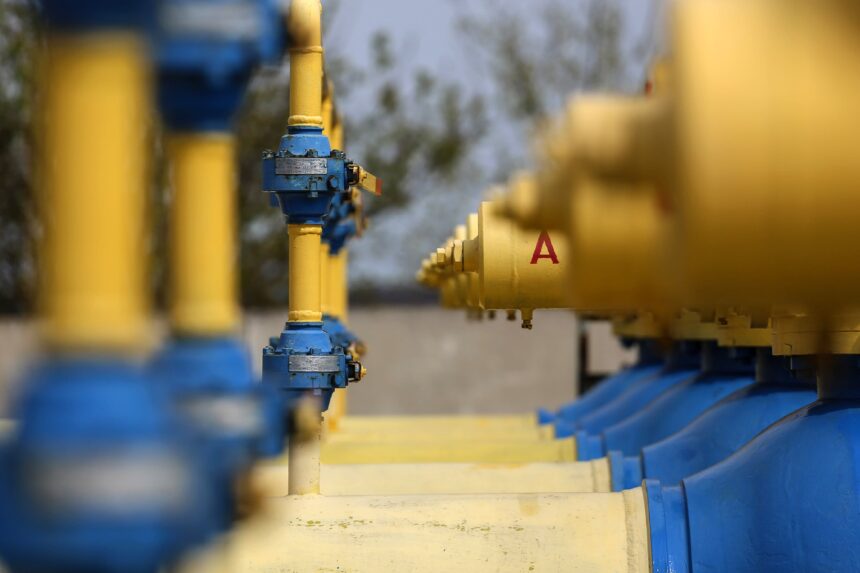Summary by Geopolist | Istanbul Center for Geopolitics:
The article discusses the complex energy situation in Moldova in the wake of Ukraine’s decision to stop transiting Russian gas to Europe and Moldova. For nearly three years after Russia’s invasion of Ukraine, Kyiv continued to allow Russian gas to flow through its pipelines to Europe, in an effort to sustain Western support while giving European consumers time to transition to alternative energy sources. Despite this, Russia benefited from continued sales of gas to Europe, which helped fund its war effort. However, as of January 1, 2025, Ukraine ended these gas transits, cutting off one of Russia’s revenue streams.
This shift presents a unique challenge for Moldova, which for years has relied on cheap Russian gas, particularly in the breakaway region of Transnistria. Transnistria has long received free gas from Russia, which fueled its energy needs and allowed it to generate and sell electricity to the rest of Moldova. This arrangement, while benefiting Russia’s geopolitical influence, also created a dependence on cheap Russian energy for Moldova. With Ukraine cutting off the pipeline, Moldova must now seek alternative sources of energy, such as through the TurkStream pipeline or liquefied natural gas (LNG) imports from Greece, which are more expensive.
Moldova is not yet prepared to fully replace Russian gas, as its new electricity interconnectors with the European Union will not be operational until 2026. In the short term, Moldova faces a difficult situation with rising energy costs, electricity shortages, and the threat of public discontent, particularly ahead of its parliamentary elections in 2025. Moscow is attempting to leverage these energy disruptions to undermine Moldova’s pro-Western government and promote pro-Russian parties. The increase in energy costs could fuel dissatisfaction among Moldovans, pushing voters toward parties that favor closer ties with Russia.
One of the bright spots in this situation is Ukraine’s largest private energy company, DTEK, which has begun importing U.S. LNG through the Greece-Bulgaria-Romania pipeline, providing Moldova with an alternative to Russian gas. However, this option comes at a higher price, and Moldova will need financial support from the European Union and international institutions to manage the transition without passing the full burden onto its citizens.
The article underscores the strategic importance of Moldova’s energy transition, not just for Moldova’s own future but also for the broader geopolitical landscape. The West, including the U.S., EU, and Ukraine, must act swiftly to help Moldova navigate this transition. Failure to do so could result in Moldova’s shift toward Russia, undermining its integration into the European Union and NATO and complicating Ukraine’s security situation. By helping Moldova reduce its dependence on Russian energy, the West has the opportunity to weaken Russian influence in the region and support Moldova’s long-term political and economic stability.
To ensure Moldova’s successful transition, the West must accelerate efforts to build alternative energy infrastructure, provide financing to ease the impact of rising energy prices, and coordinate with private sector actors to meet Moldova’s immediate energy needs. Such a comprehensive strategy would advance both Moldova’s European aspirations and broader Western strategic interests.
Read more here.







